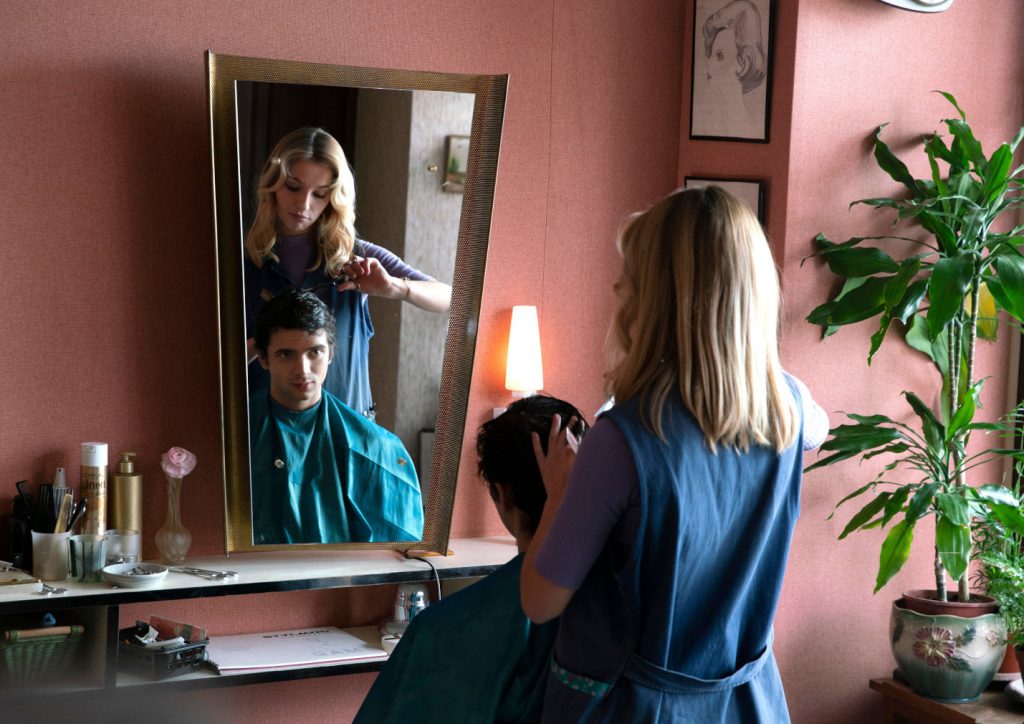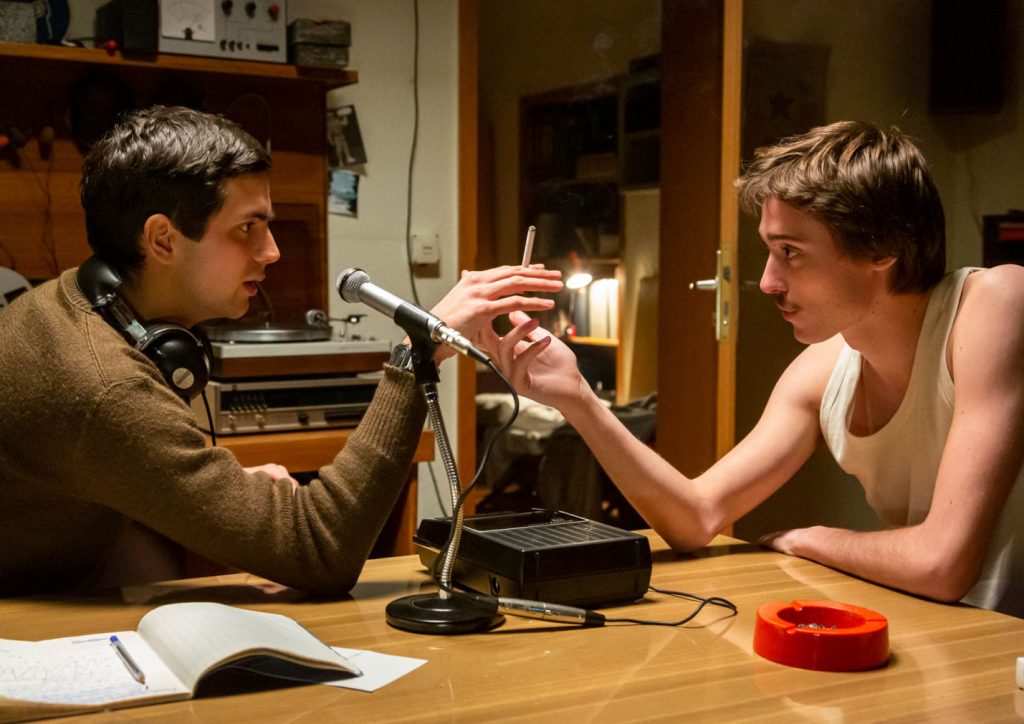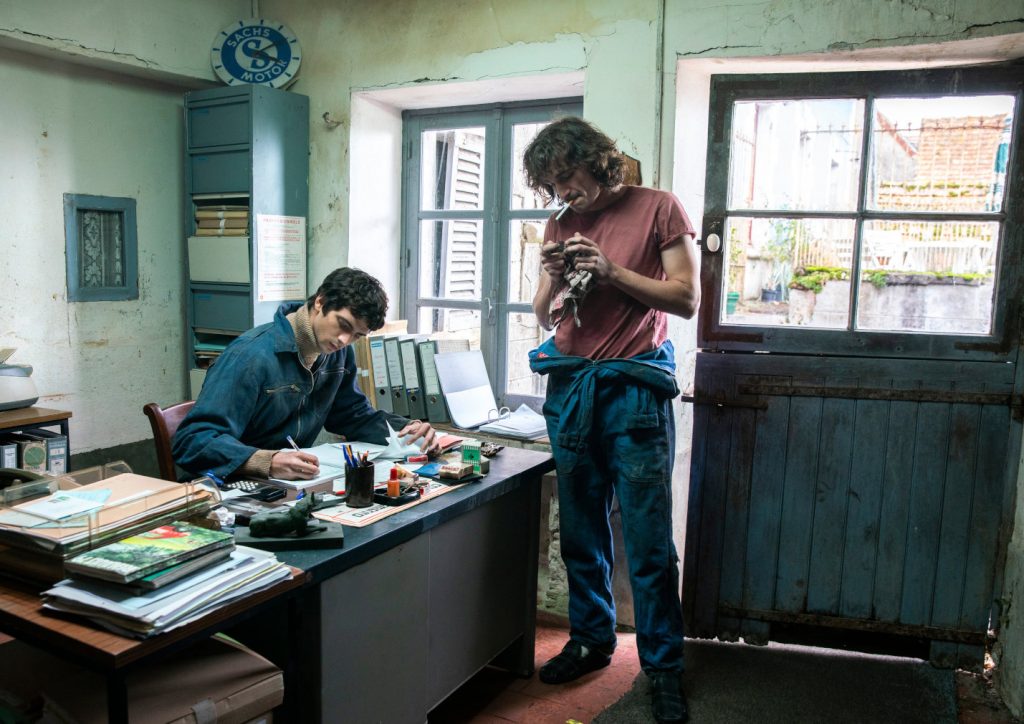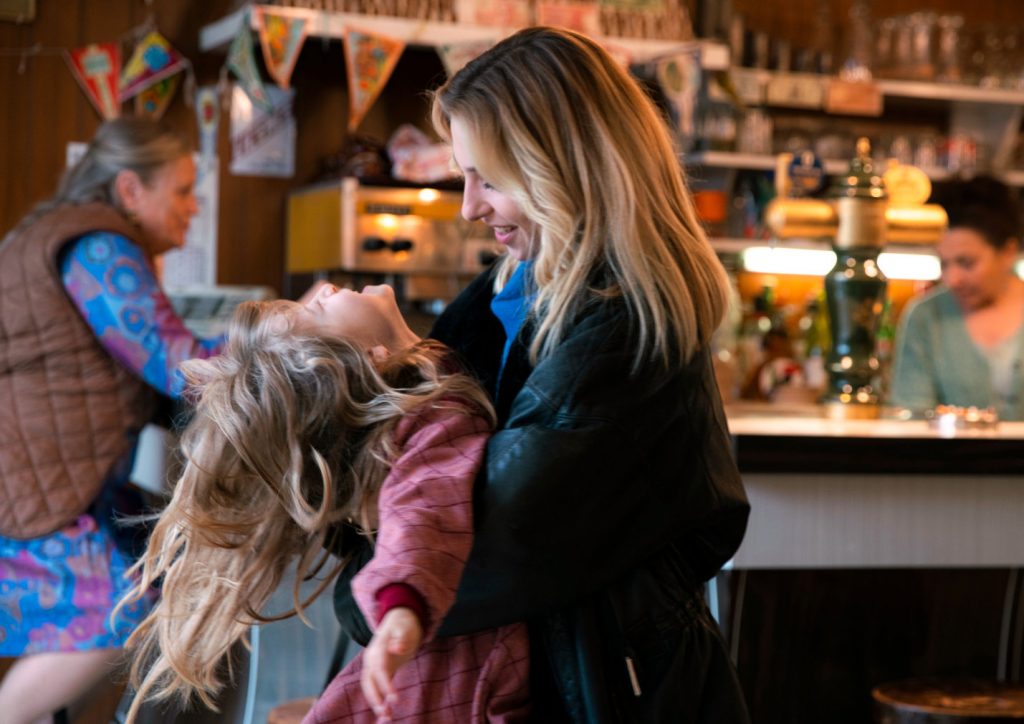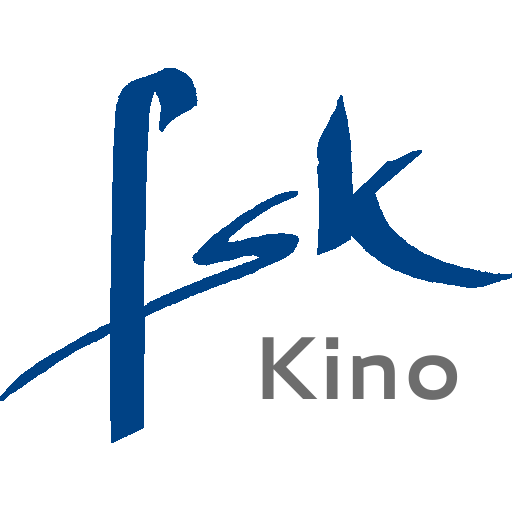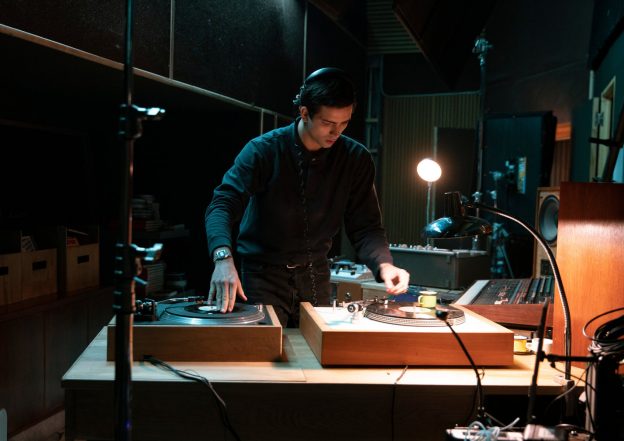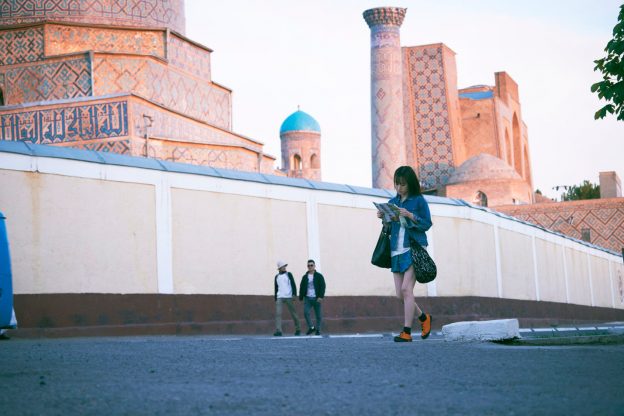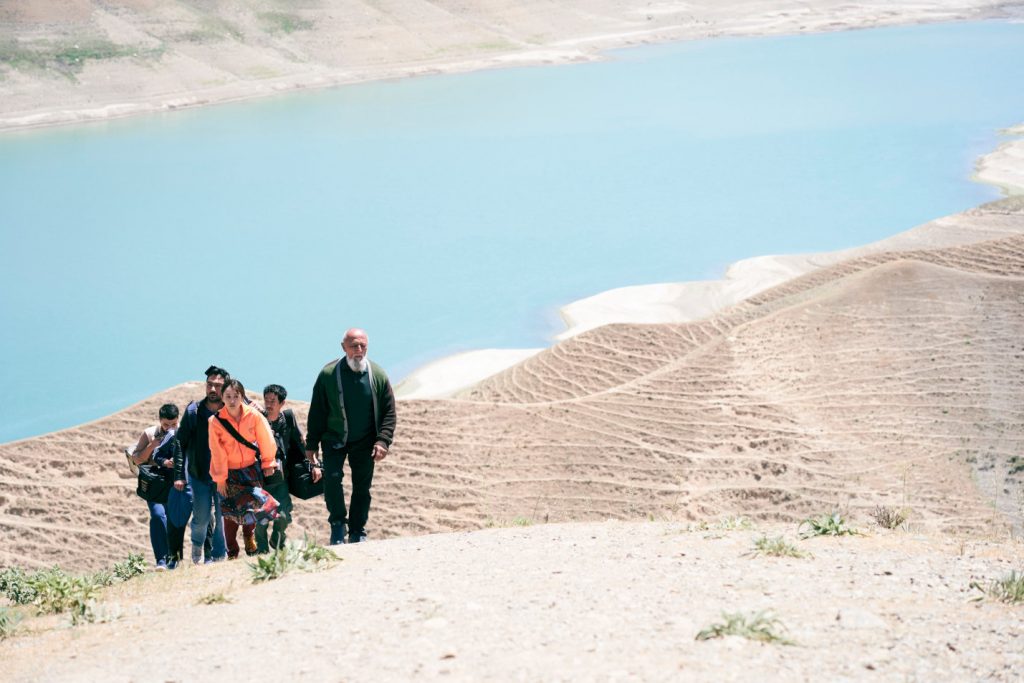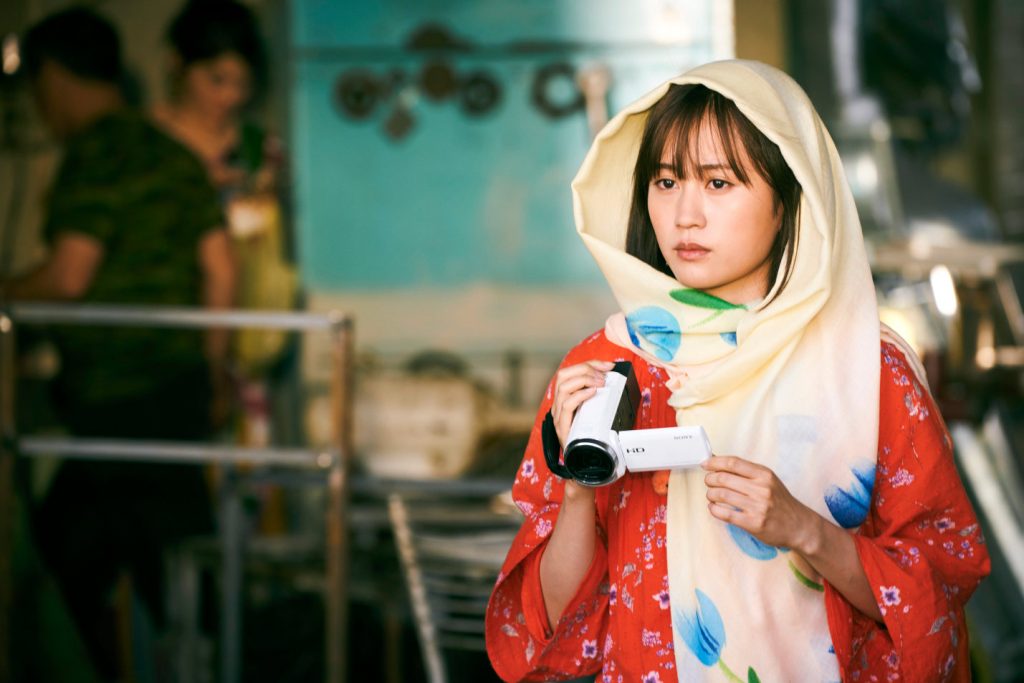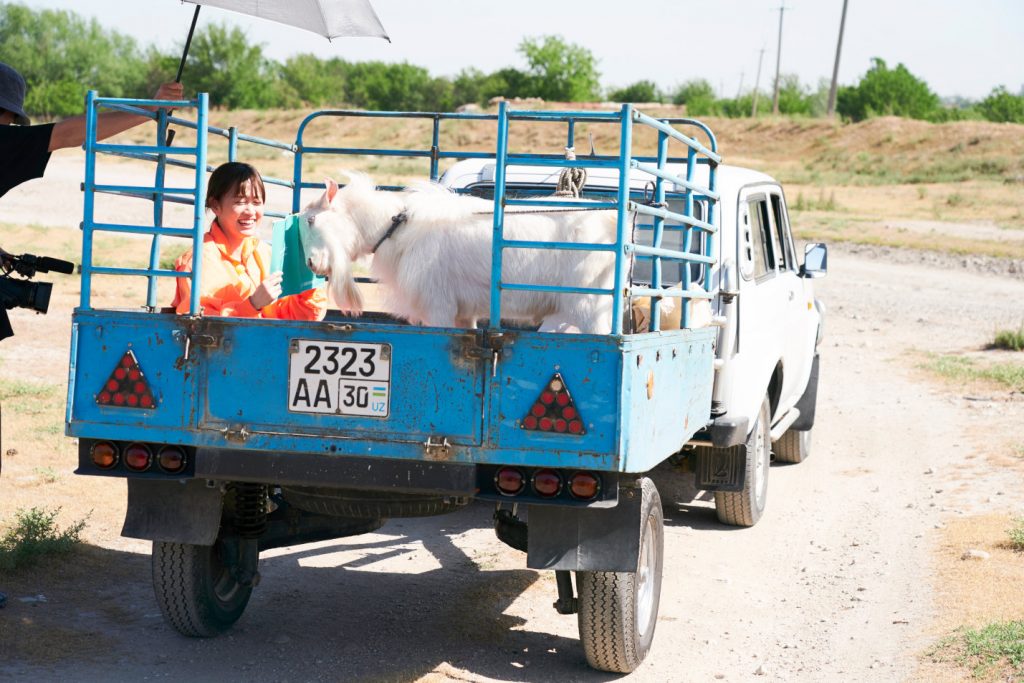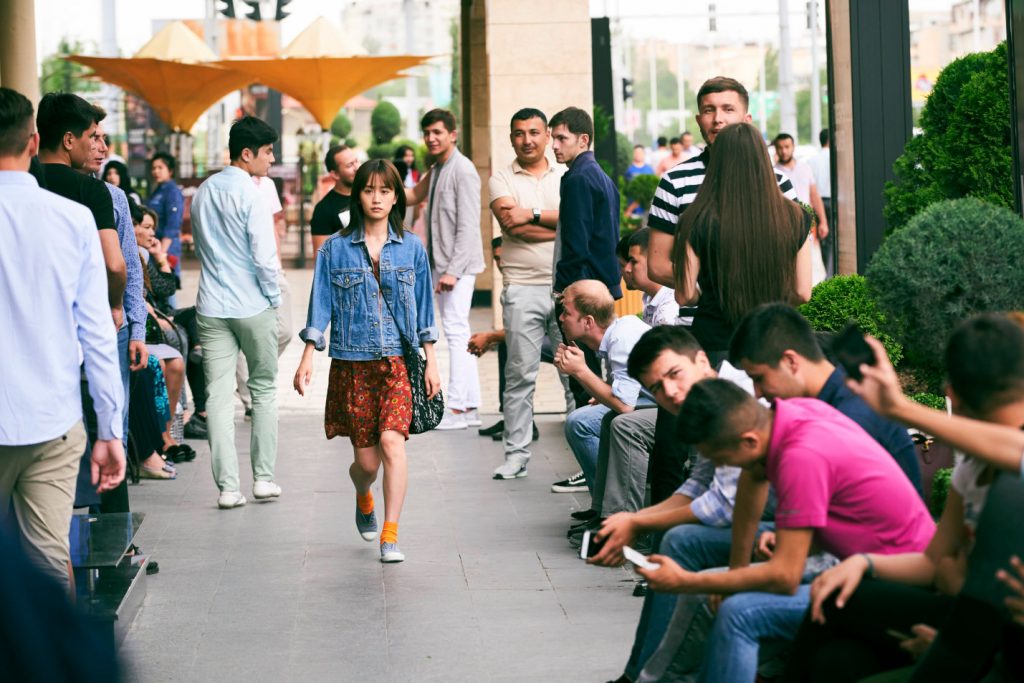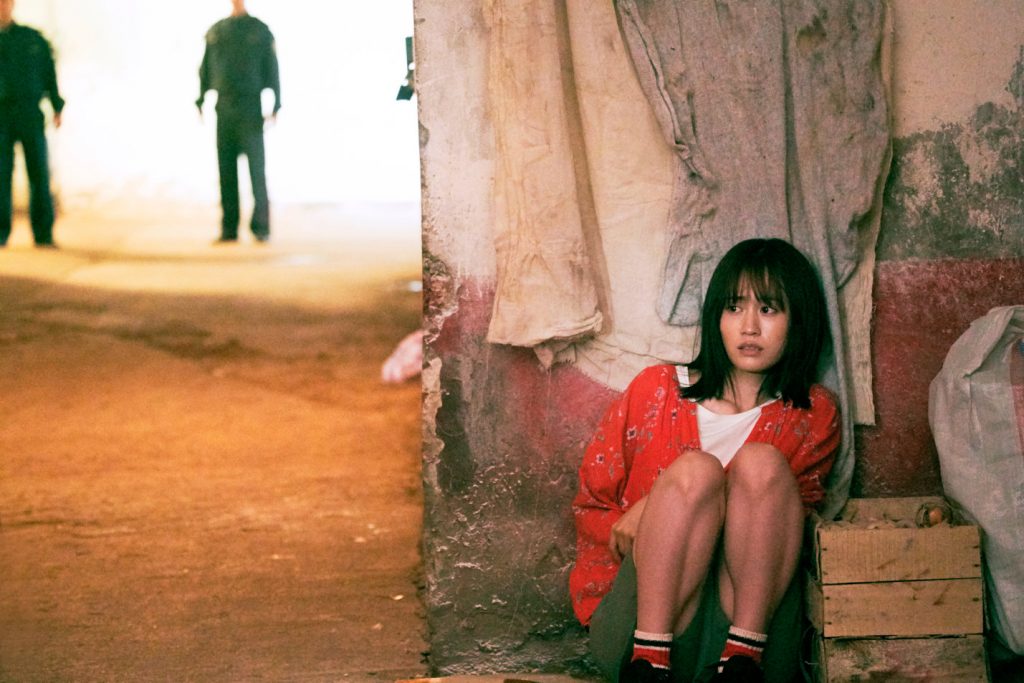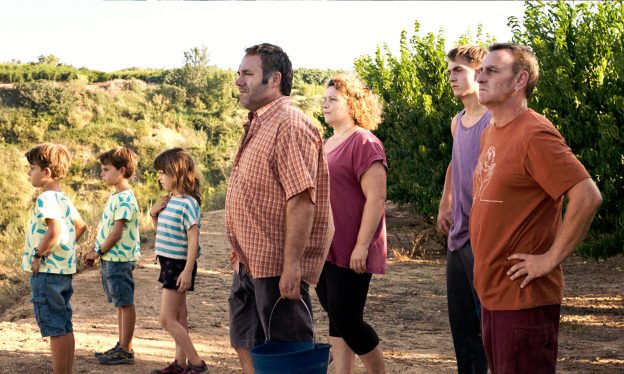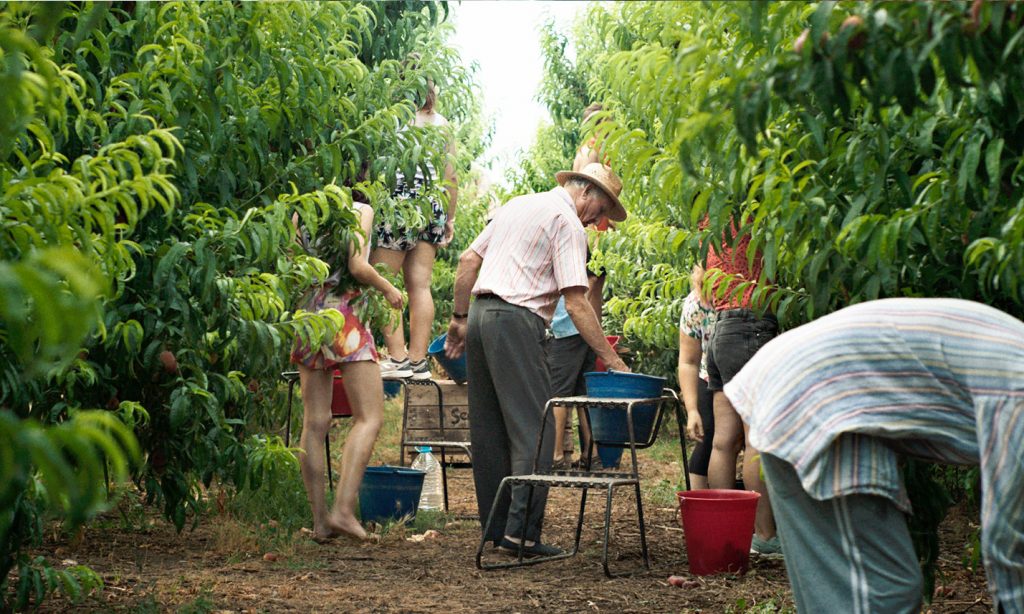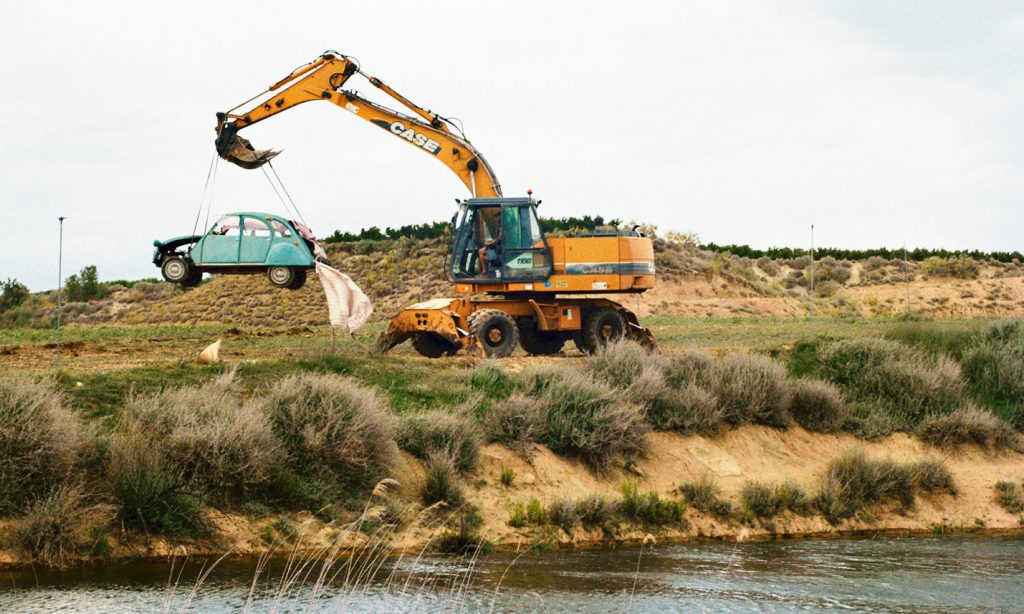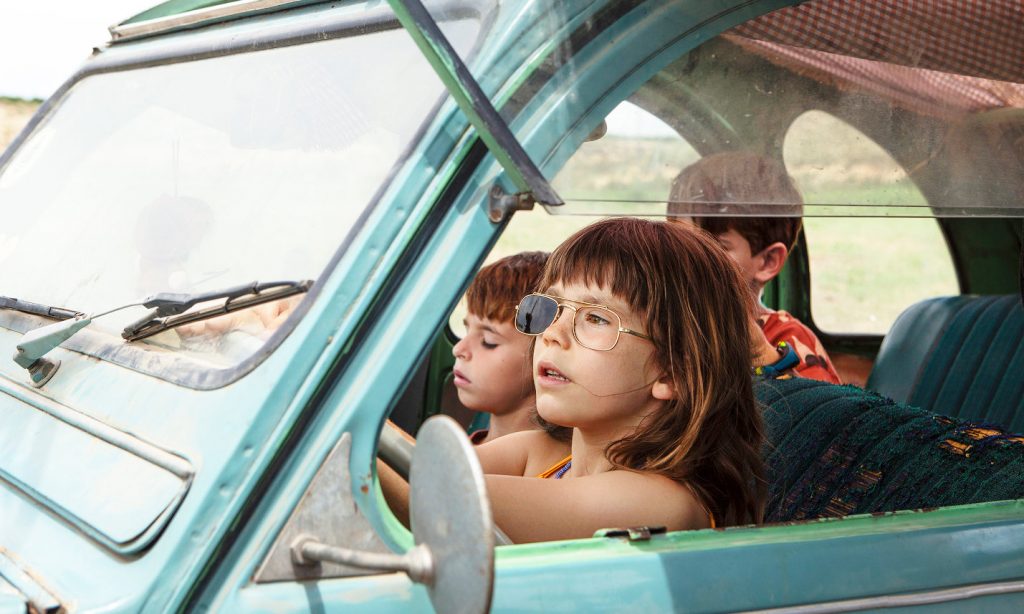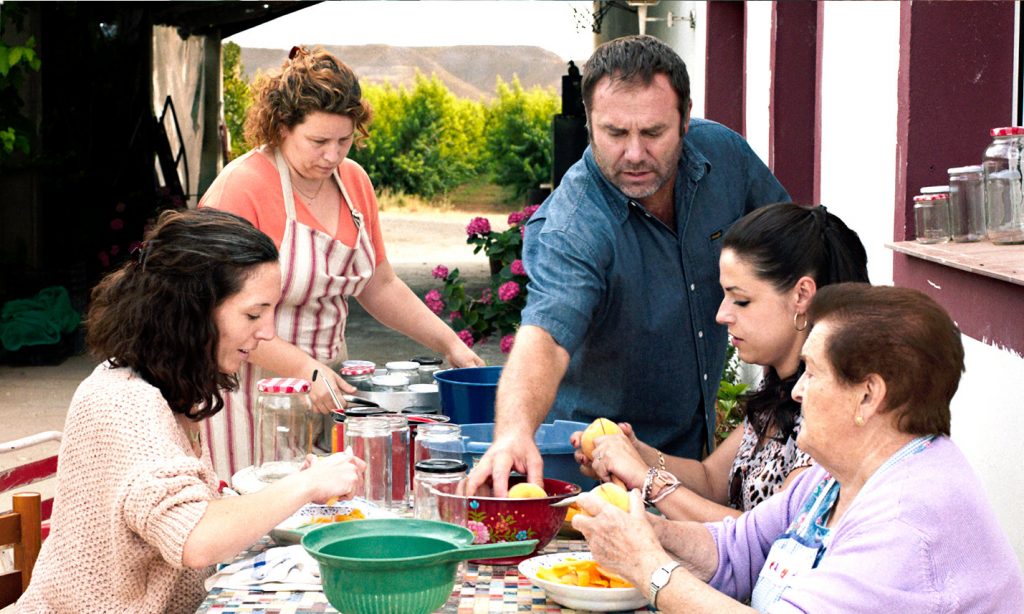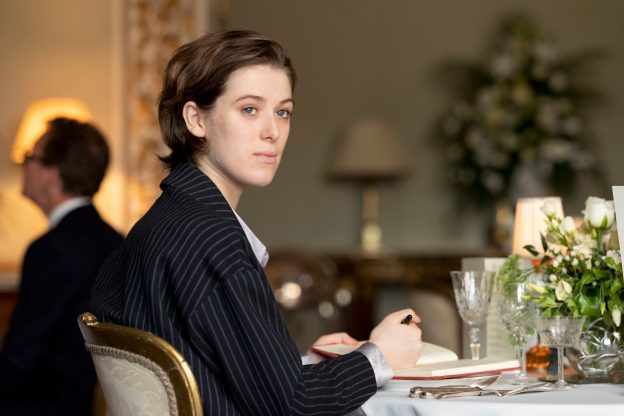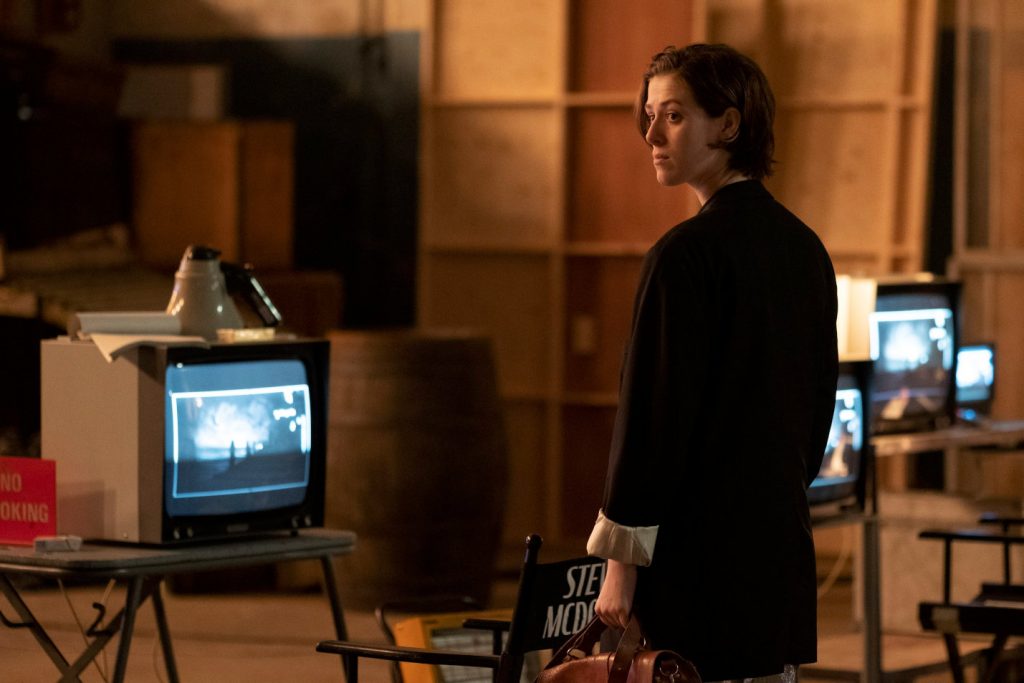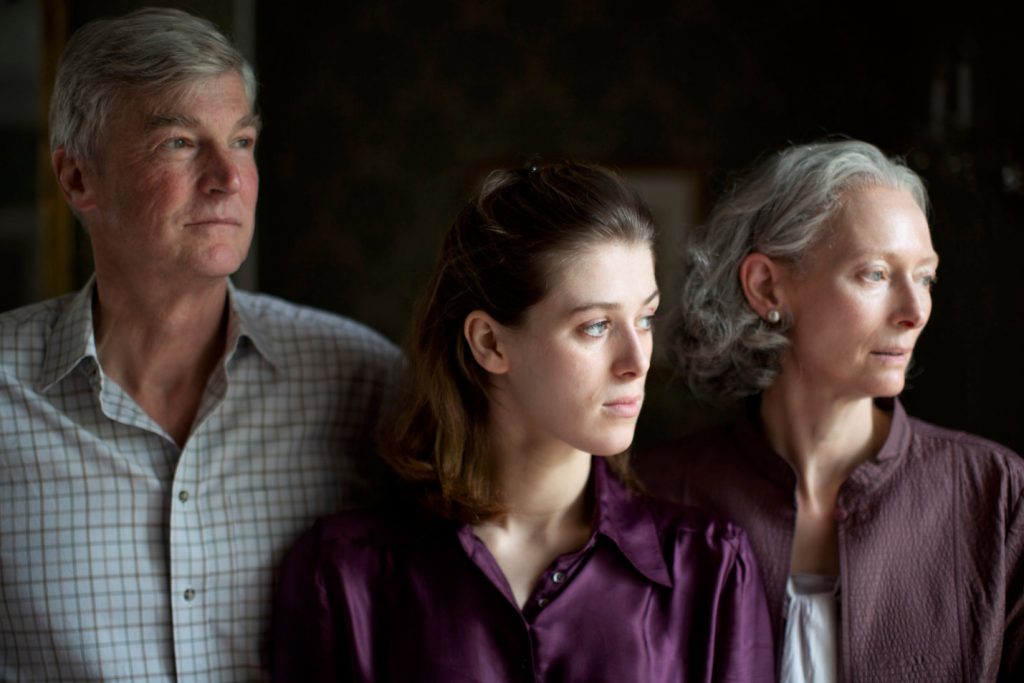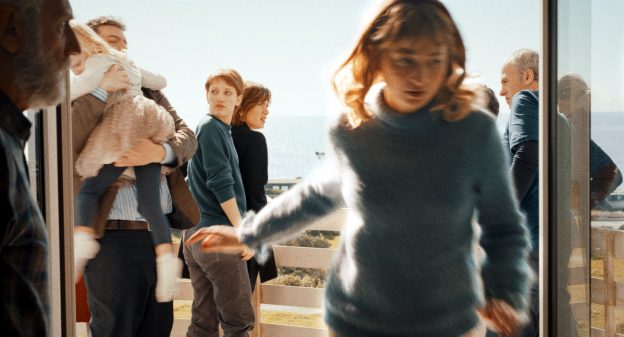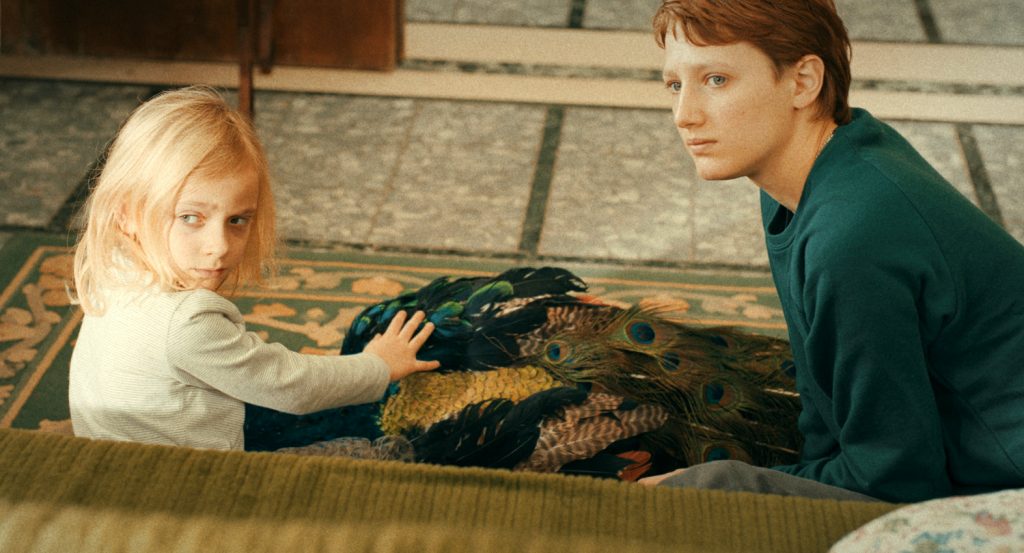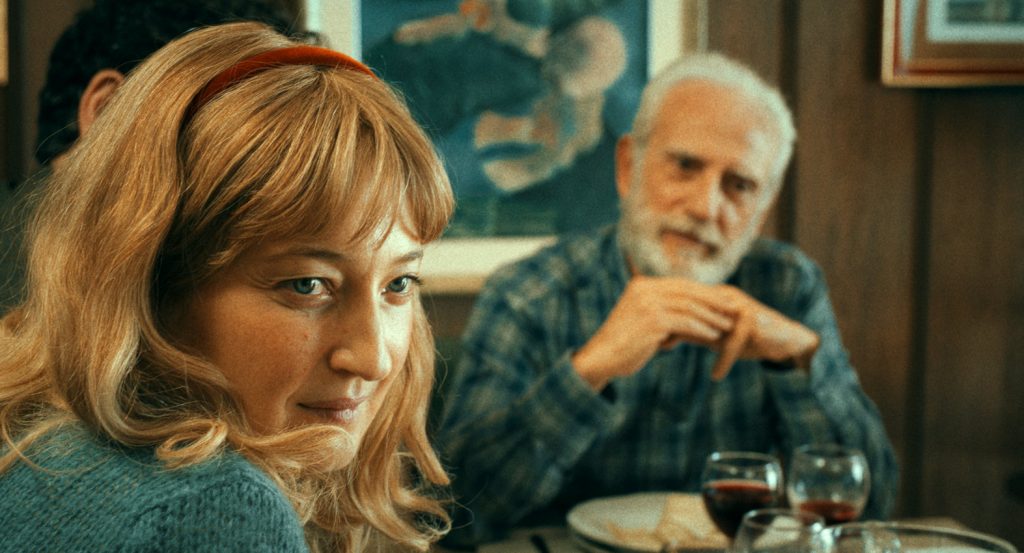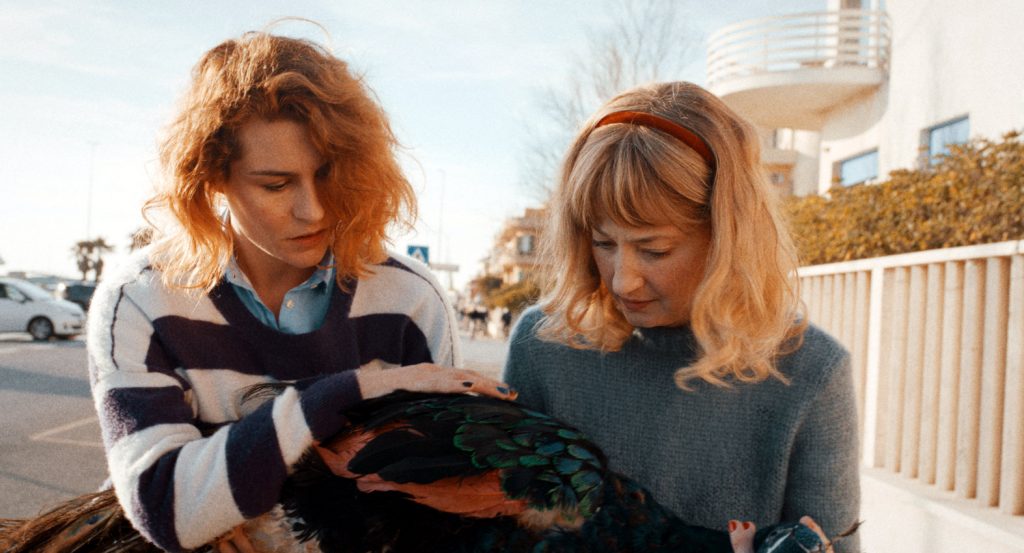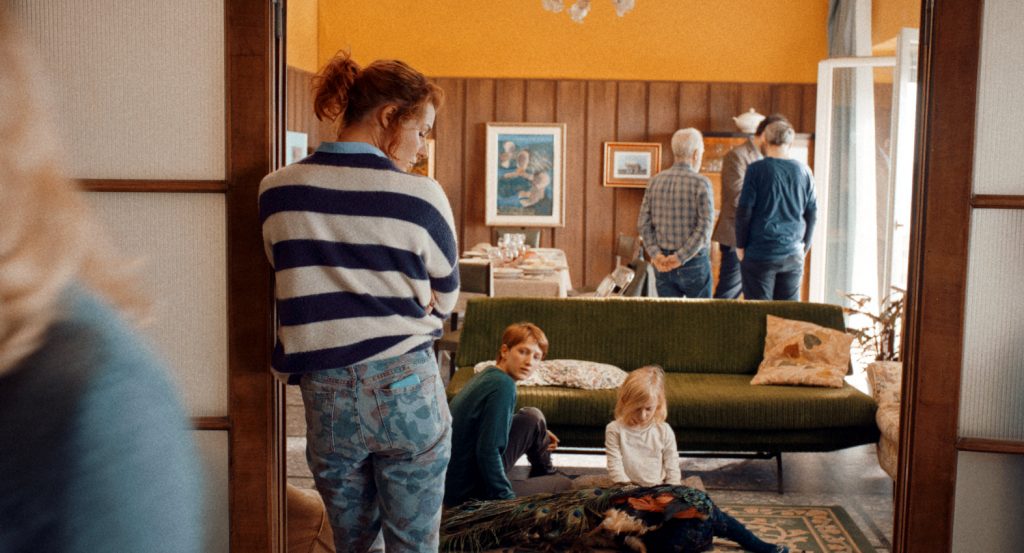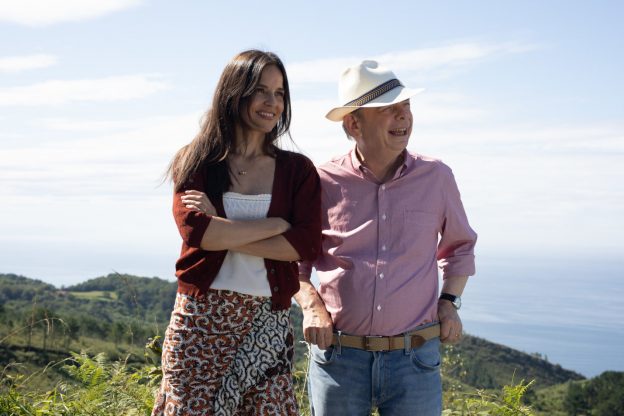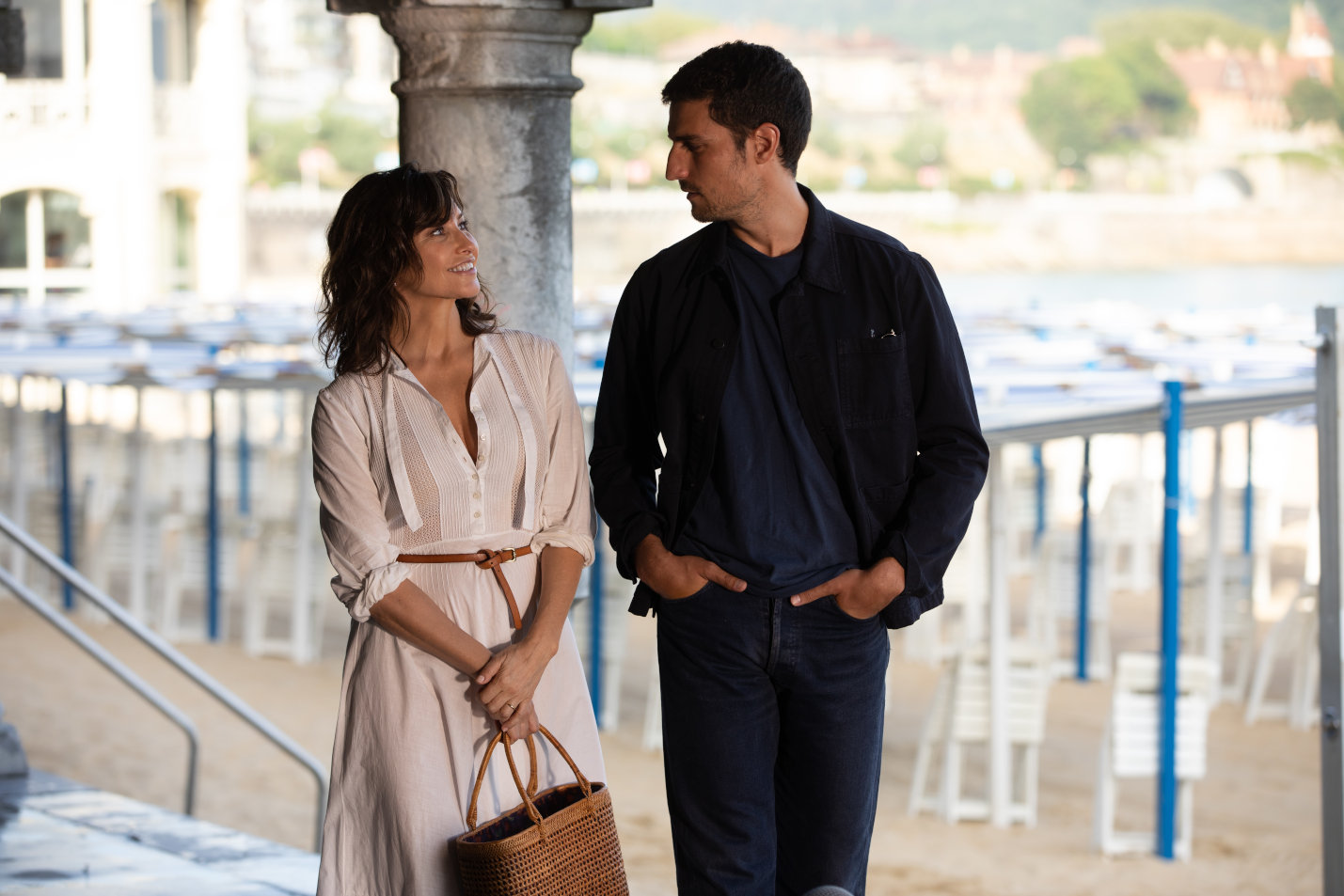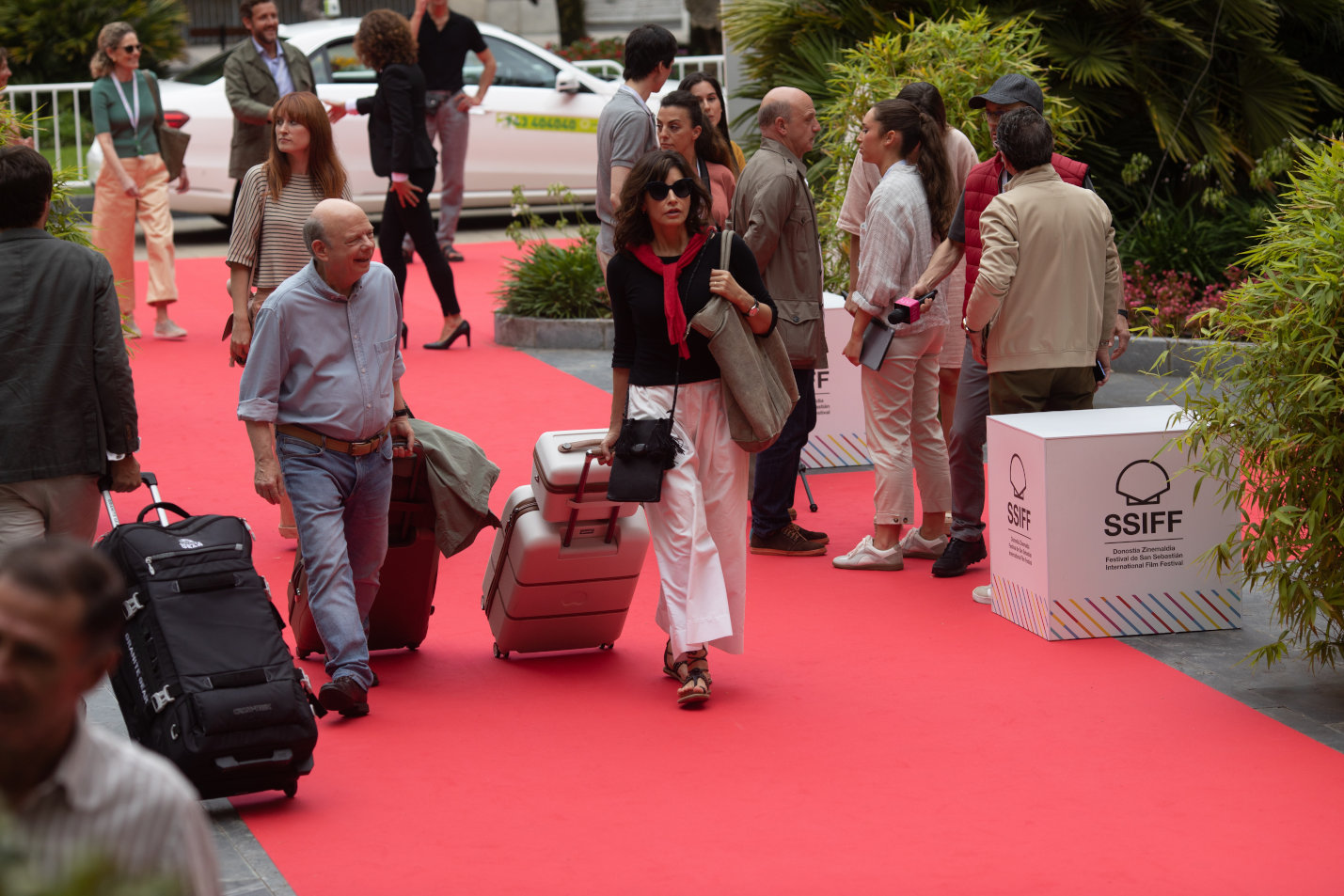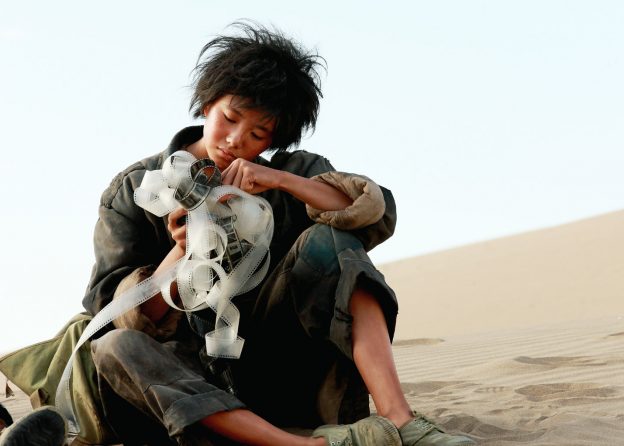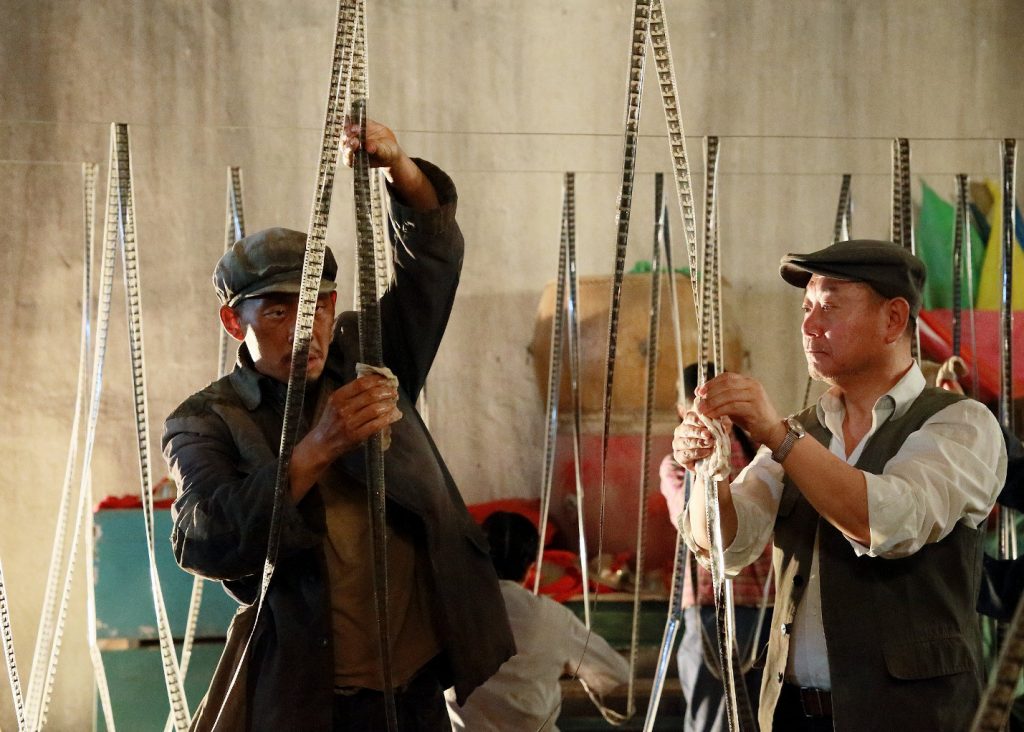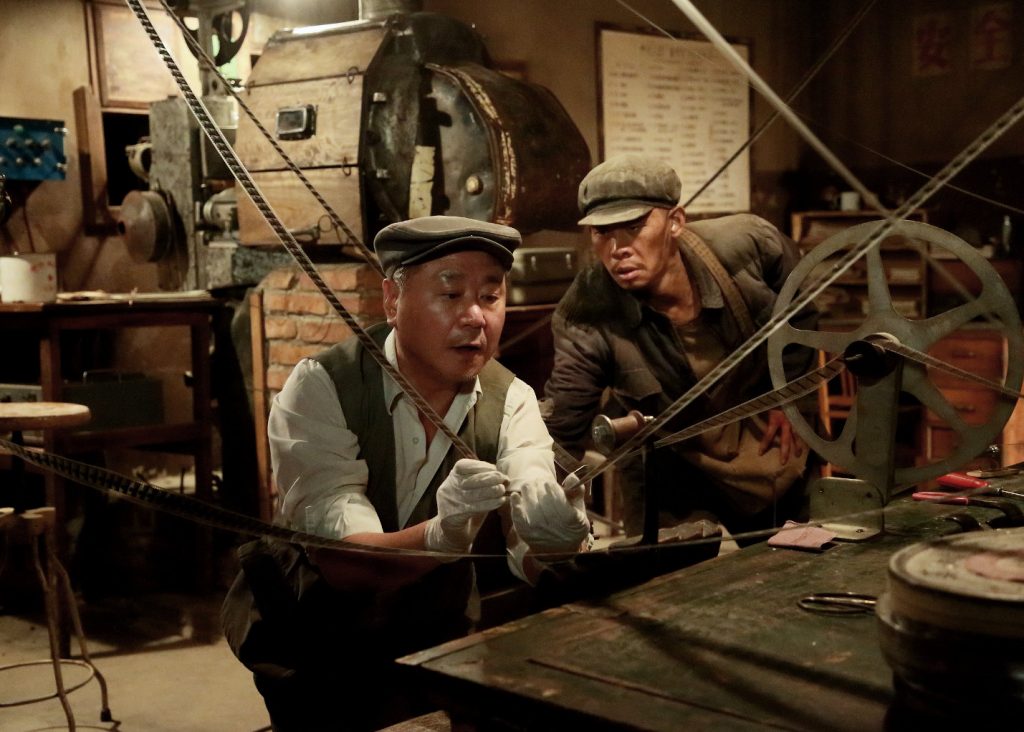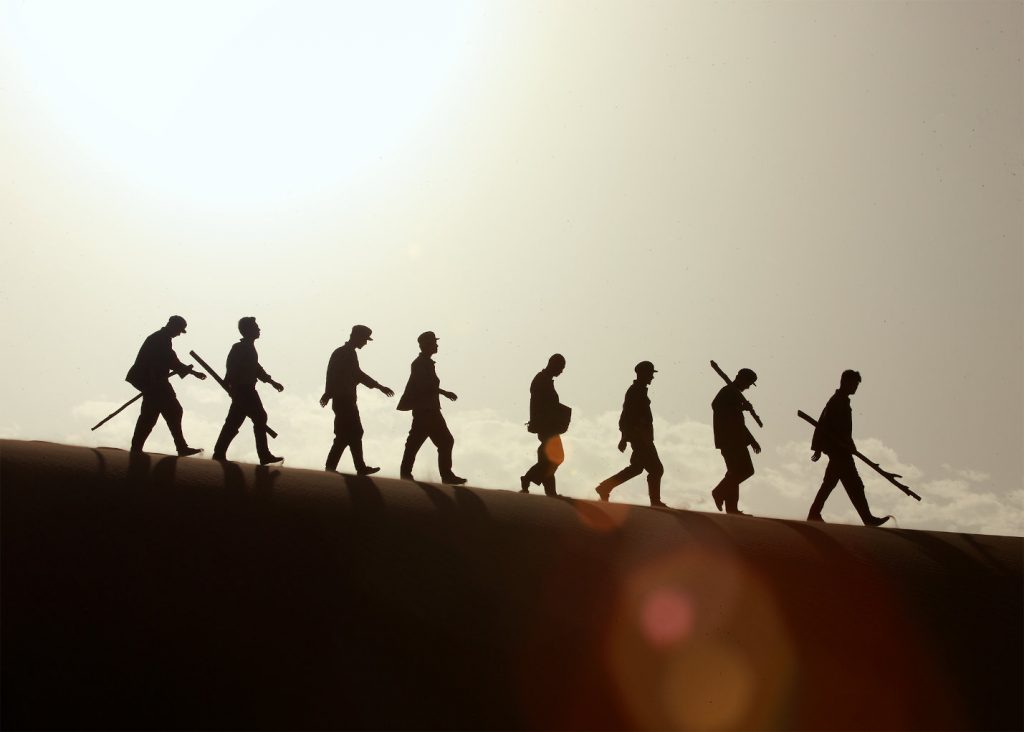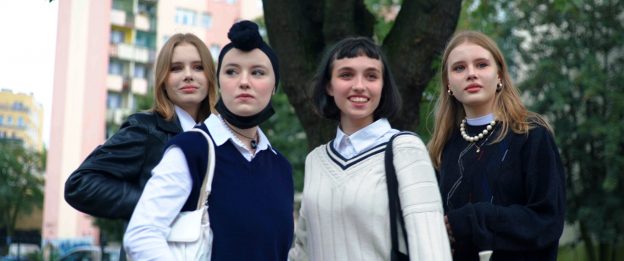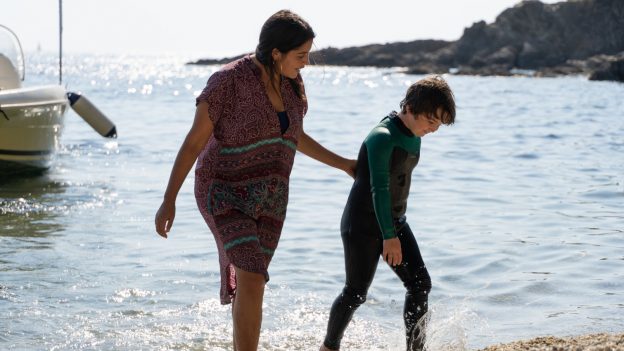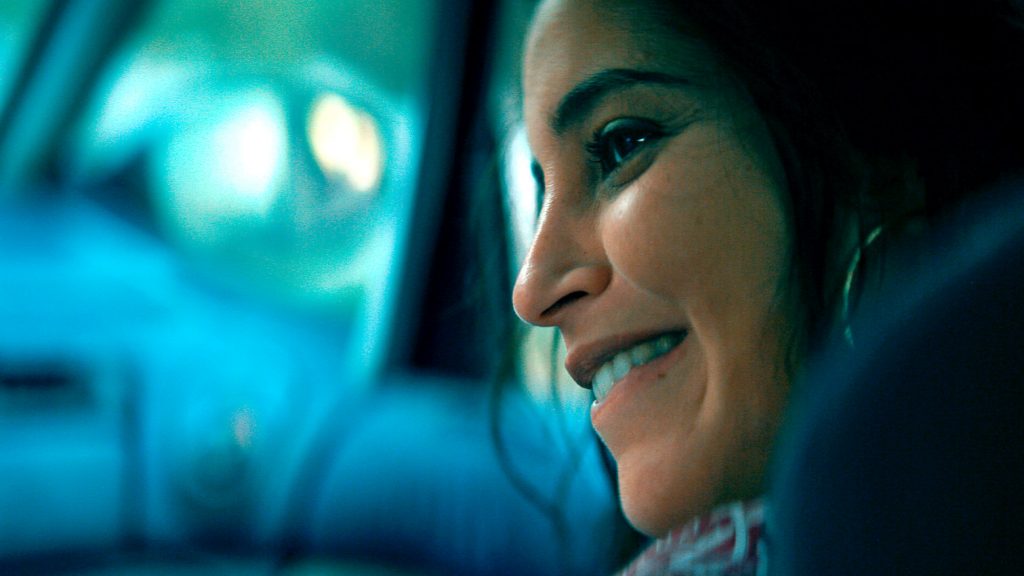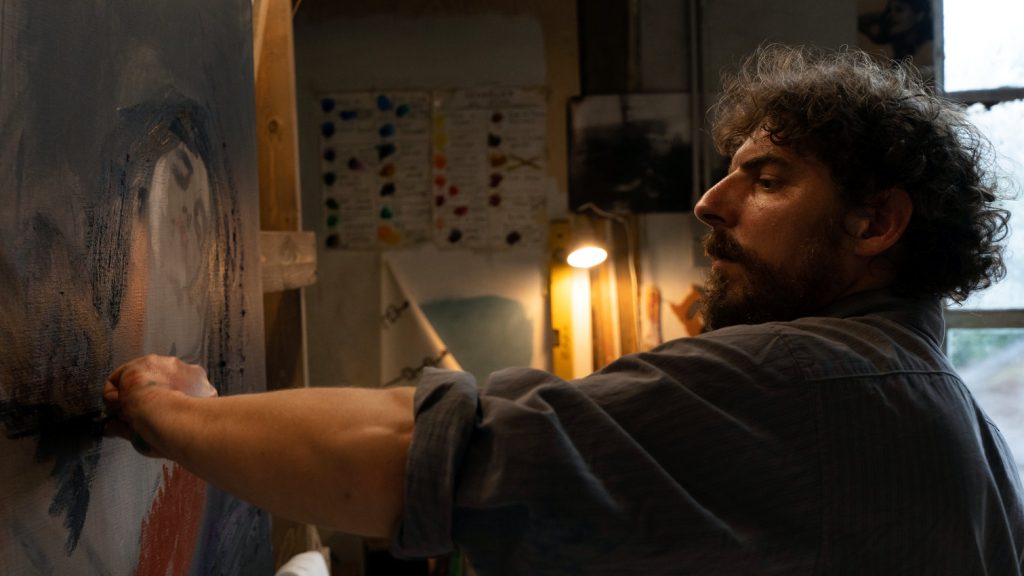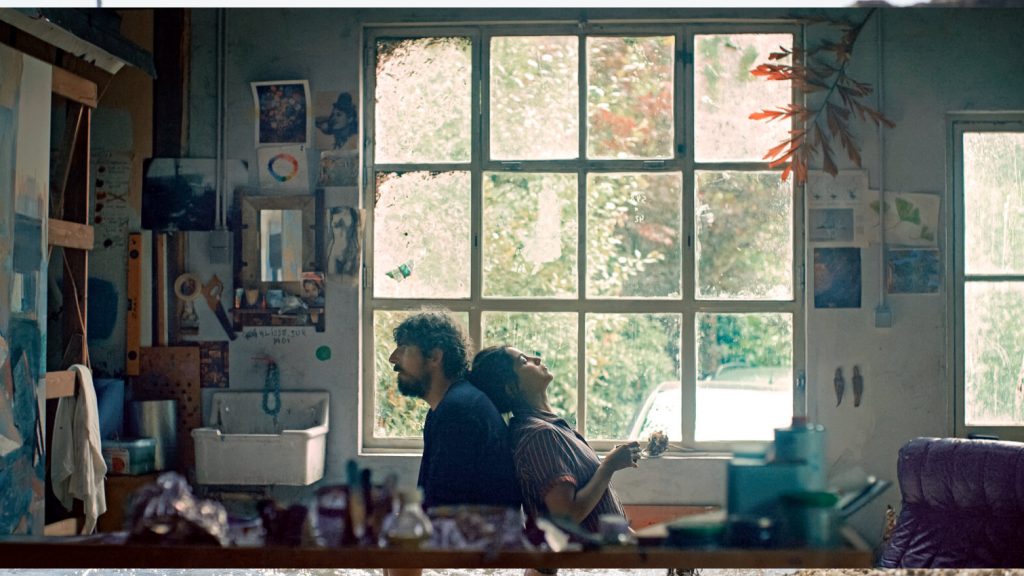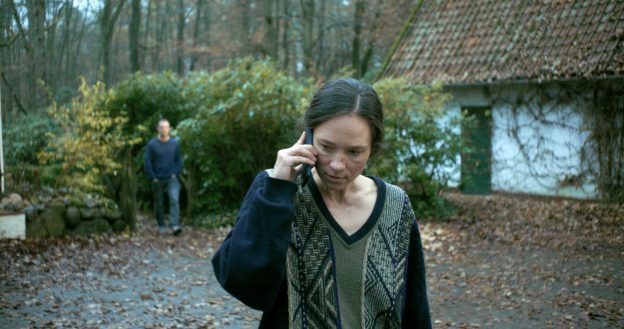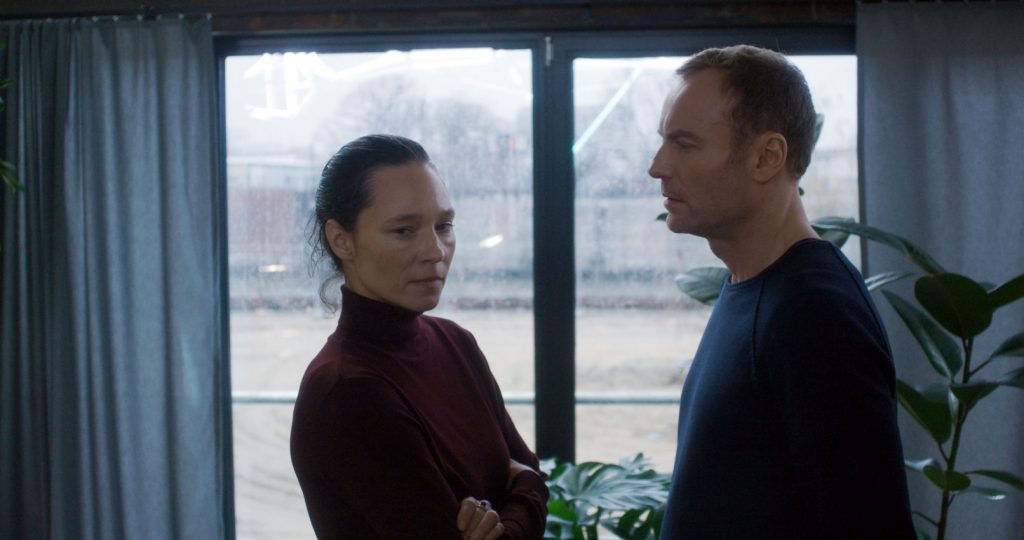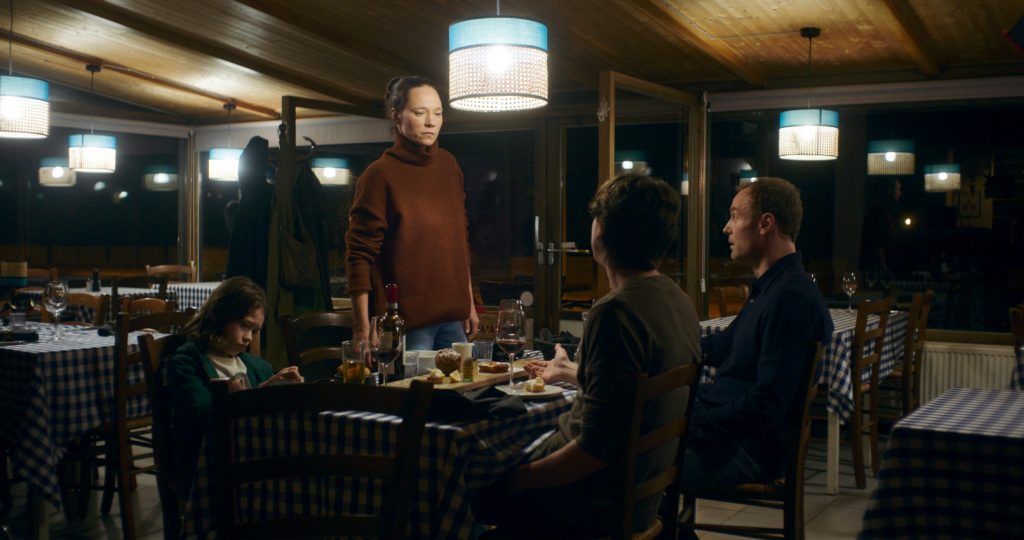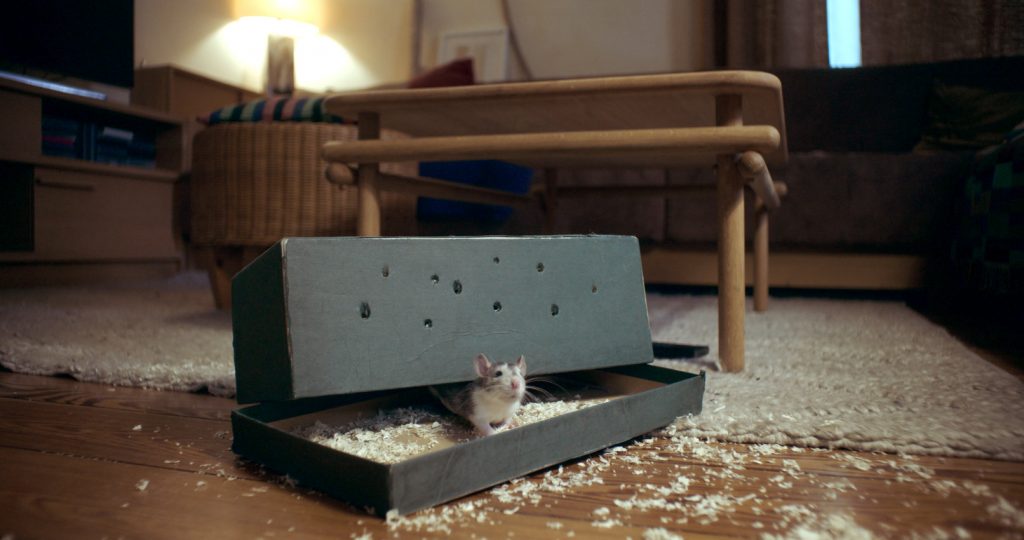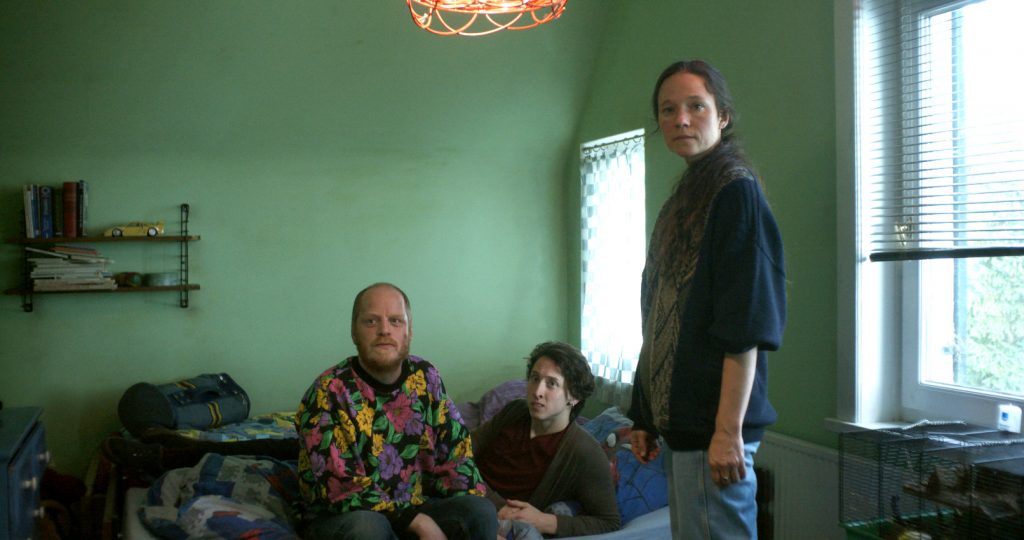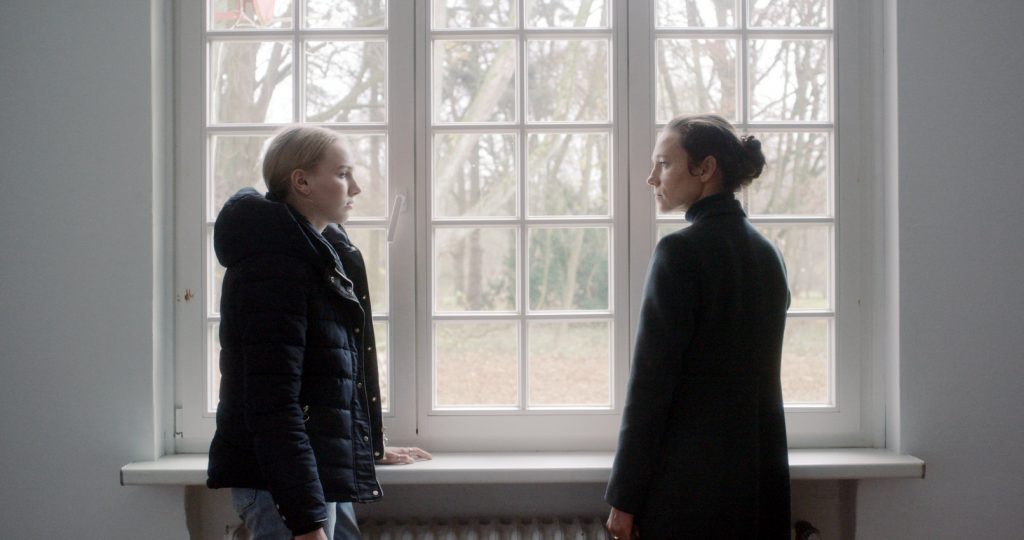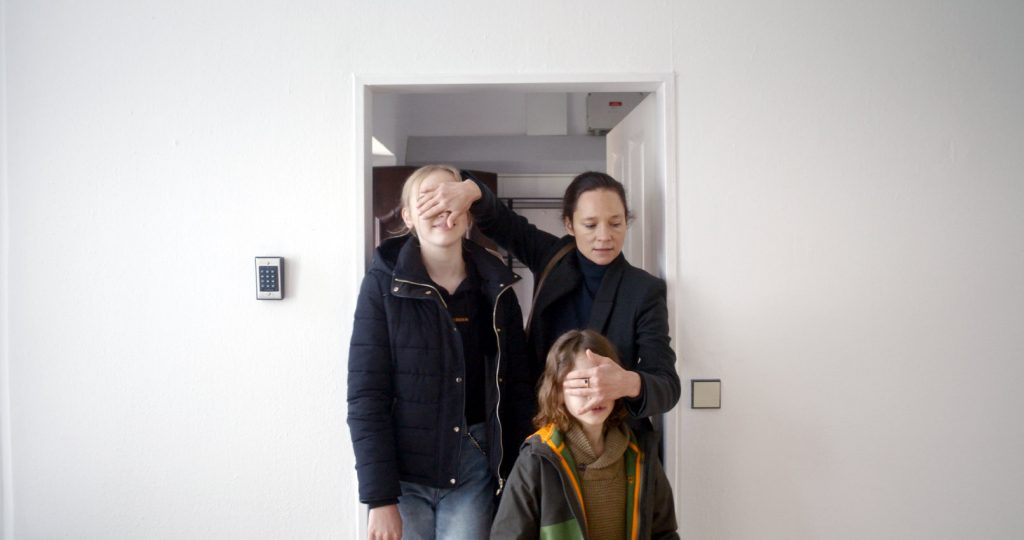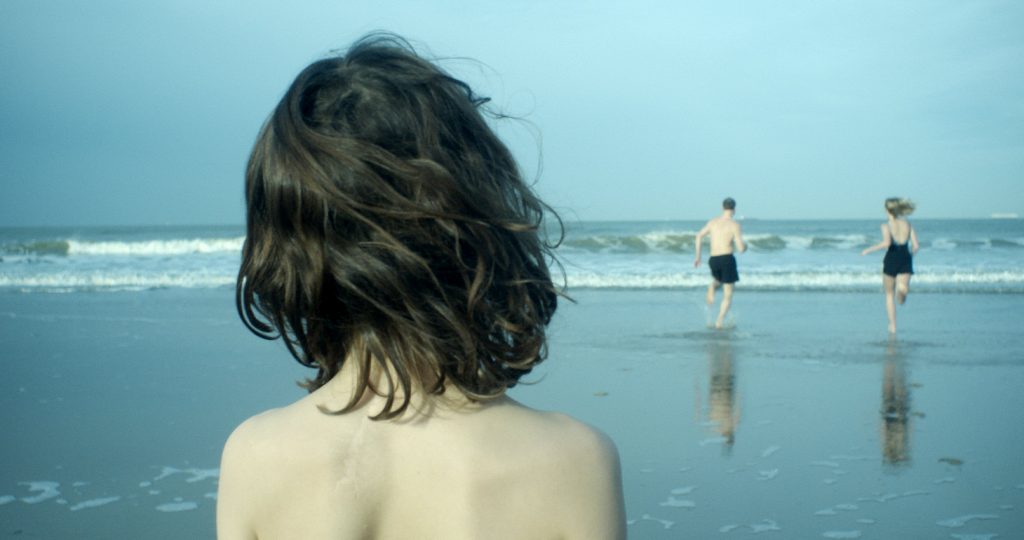Vom 22. – 29. Juni findet dieses Jahr das größte polnische Filmfestival außerhalb Polens statt. Im fsk zeigen wir alle sieben Wettbewerbsbeiträge und zwei Specials:
Bukolika / Bucolic Mutter und Tochter in einem baufälligen, abgelegenen Haus. Das ganze Leben mit seinen alltäglichen Reibereien, kleinen Ausbrüchen und grundlegenden Entscheidungen.
PL 2021, R/B/K: Karol Pałka, 70 Min, OmeU,
24.06. 20:00 zu Gast: Karol Pałka
Inni ludzie / Other People Wer einmal einen Text der Star-Autorin Dorota Masłowska gelesen hat, weiß, was ihn/sie erwartet: eine wild schlingernde Handlung, Gesellschaftskritik, massenhaft pop-/kulturelle Zitate, Blicke in die Abgründe urbaner Milieus im frühen 21. Jahrhundert.
PL 2021, 106 min, OmdU, R/B: Aleksandra Terpińska, D: Jacek Beler, Sonia Bohosiewicz, Magdalena Koleśnik.
25.06. 20:00
Mosquito State In einem mutigen, umwerfend bildgewaltigen visuellen Experiment verknüpft Rymsza die Biografie eines Insekts mit der Zukunft der globalen Ökonomie. Er zeigt, dass neue Ansätze radikal gedacht werden müssen – und findet dafür radikale visuelle Mittel.
PL/USA 2020, 101 min, engl. OF m. poln. UT, R: Filip Jan Rymsza, D: Beau Knapp, Charlotte Vega, Jack Kesy u. a.
29.06. 20:00 zu Gast: Filip Jan Rymsza
Ostatni komers / Love Tasting Es ist Juni, nur noch wenige Tage bleiben bis zum großen Abschlussball. Dann werden sich die Wege der Gymnasiastinnen trennen und es wird höchste Zeit sich zu entscheiden, wohin die Lebensreise gehen soll.
PL 2020, 85 min, OmeU, R/B: Dawid Nickel, D: Mikołaj Matczak, Michał Sitnicki, Sandra Drzymalska u. a.
28.06. 20:00 zu Gast: Dawid Nickel
Polaków portret własny / Polish Self-Portrait Ein Dokumentar-Experiment, in denen die Protagonistinnen zu ihren eigenen Kameraleuten werden und uns ein Jahr lang an ihrem Leben teilhaben lassen. Und das ist alles andere als ereignisarm.
PL 2021, 115 min, OmeU, R: Maciej Białoruski, Jakub Drobczyński, Robert Rawłuszewicz, 26.06. 20:00 zu Gast: Maciej Białoruski & Jakub Drobczyński
Sonata / Sonate In der Provinz des Karpatenvorlandes wird bei Grzegorz schon früh Autismus diagnostiziert. Er spricht nicht, kapselt sich von seiner Umwelt ab und vegetiert mangels Therapie vor sich hin – bis in seinem Haus ein Klavier auftaucht.
PL 2021, 118 min, OmdU, R/B: Bartosz Blaschke, D: Michał Sikorski, Małgorzata Foremniak, Łukasz Simlat
27.06. 20:00 zu Gast: Bartosz Blaschke
Wszystkie nasze strachy / Alle unsere Ängste Kunst und Gesellschaft sind für Daniel Rycharski untrennbar miteinander verbunden, doch mit seinen Skulpturen und Happenings eckt er bei den unmittelbaren Nachbarn massiv an – vor allem, wenn er darin die Ausgrenzung von LGBT-Personen thematisiert.
PL 2021, 91 Min, OmdU, R: Łukasz Ronduda, Łukasz Gutt, Kamil Grzybowski, D: Dawid Ogrodnik, Maria Maj, Andrzej Chyra.
23.06. 20:00 zu Gast: Łukasz Ronduda, Łukasz Gutt & Dawid Ogrodnik
Erotica 2022 In fünf Episoden entwerfen Regisseurinnen nach Drehbüchern namhafter Schriftstellerinnen – unter ihnen die Nobelpreisträgerin Olga Tokarczuk und Bestseller-Autorin Joanna Bator – dystopische Visionen über eine nicht allzu fern liegende Zukunft. PL 2021, 137 min, OmeU, R: Anna Kazejak, Anna Jadowska, Kasia Adamik, Jagoda Szelc, Olga Chajdas, D: Agata Buzek, Monika Pikuła, Agnieszka Żulewska,
26.06. 15:00 zu Gast: Anna Jadowska
Film balkonowy / Der Balkonfilm Paweł Łoziński montiert eine Kamera auf dem Balkon, kabelt ein Mikrofon an den Zaun und beginnt, den Passant*innen scheinbar planlos und naiv Fragen nach ihrem Woher und Wohin zu stellen. Von nun an legt er sich ein Jahr lang auf die Lauer.
PL 2021, 100 min, OmdU, R/B/K: Paweł Łoziński, S: Paweł Łoziński, Piasek & Wójcik 25.06. 15:00 zu Gast: Paweł Łoziński
